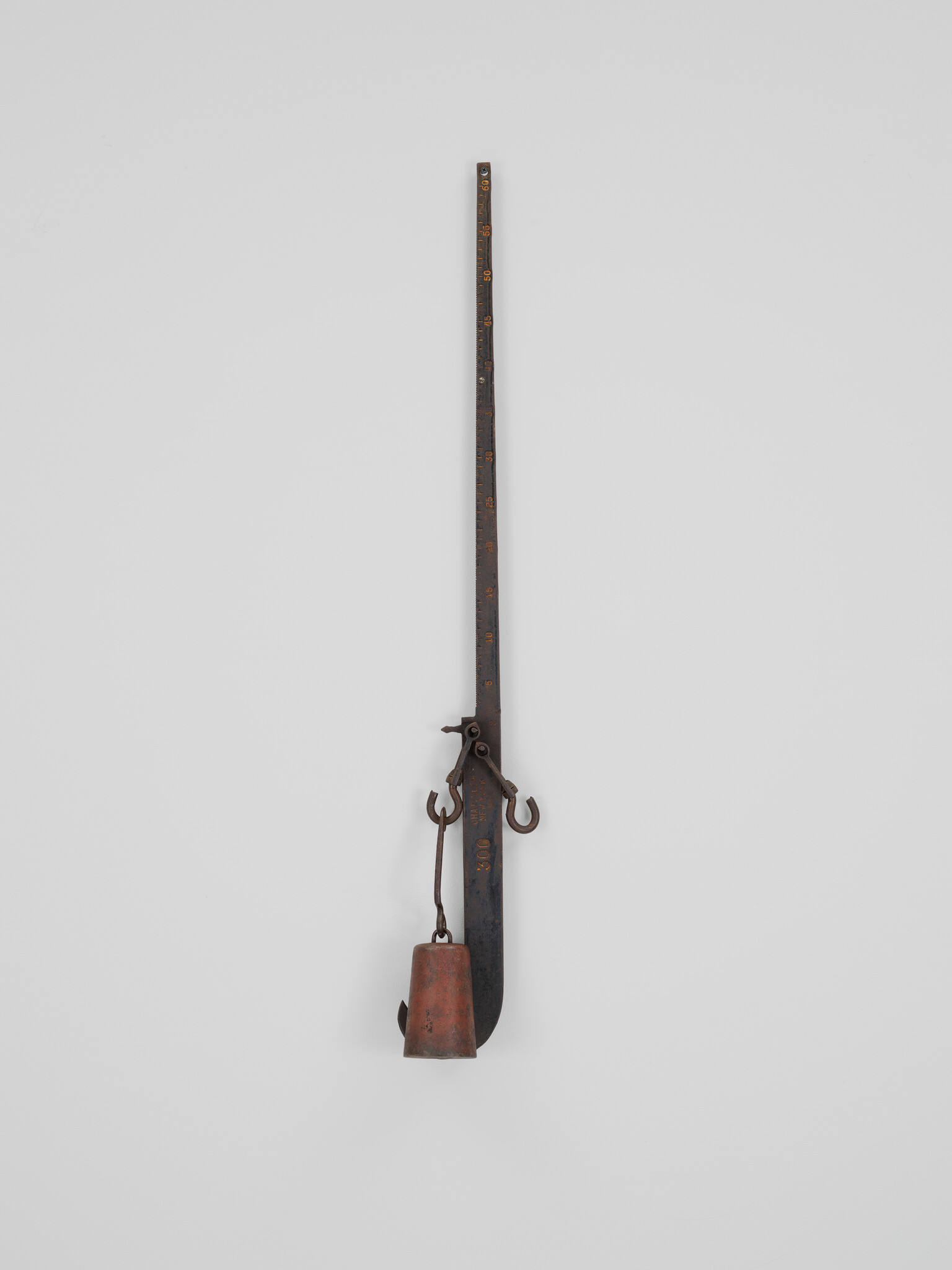Raw cotton is measured by weight. Between 1800 and 1865 the standard cotton bale size ranged between 300 and 400 pounds. Cotton scales were not only used on the plantation for the daily weigh up, but were also used by merchants at every major port to ensure the consistency of each bale. Raw cotton produced by enslaved people was typically consolidated in southeastern ports, shipped to the North, and inspected, resold, and repacked on transatlantic ships. In the early 19th century, New York became the primary shipping hub in the nation.
New York merchants such as the Brown Brothers, the Lehman Brothers, Stephen Whitney, John Jacob Astor, Cornelius Vanderbilt, and Archibald Gracie were dependent on the Southern plantation system. A committee appointed by the Alabama legislature in the early 1830s estimated that a third of the price of cotton was retained by New York merchants. In the 1850s, another group of Southerners estimated that this share had grown to 40%. Brown Brothers & Co., which now operates as the private investment firm Brown Brothers Harriman, was paradigmatic of New York firms that monopolized the trade and shipment of cotton, as well as plantation lending. Southern plantations depended on lines of credit provided by merchant firms. These lines of credit kept plantation owners in debt to their Northern merchants, giving these merchants control over the pricing and profits of plantation products. All profits of the cotton trade were extracted from the life of the enslaved. The North outsourced the management of the plantation system to the master, overseer, patroller, and the emergent system of interstate policing.
Scale producer John Chatillon & Sons Company was formed in 1835 in New York City and supplied cotton scales throughout the country. Chatillon is a subsidiary of Ametek, which is publicly traded on the NYSE and is part of the S&P 500.
—Cameron Rowland
Not on view
Date
2021
Classification
Sculpture
Medium
300 pound New York cotton scale
Dimensions
Overall: 40 × 5 × 7 in. (101.6 × 12.7 × 17.8 cm)
Accession number
2022.59a-c
Credit line
Purchase, with funds from the Painting and Sculpture Committee
Rights and reproductions
© Cameron Rowland


